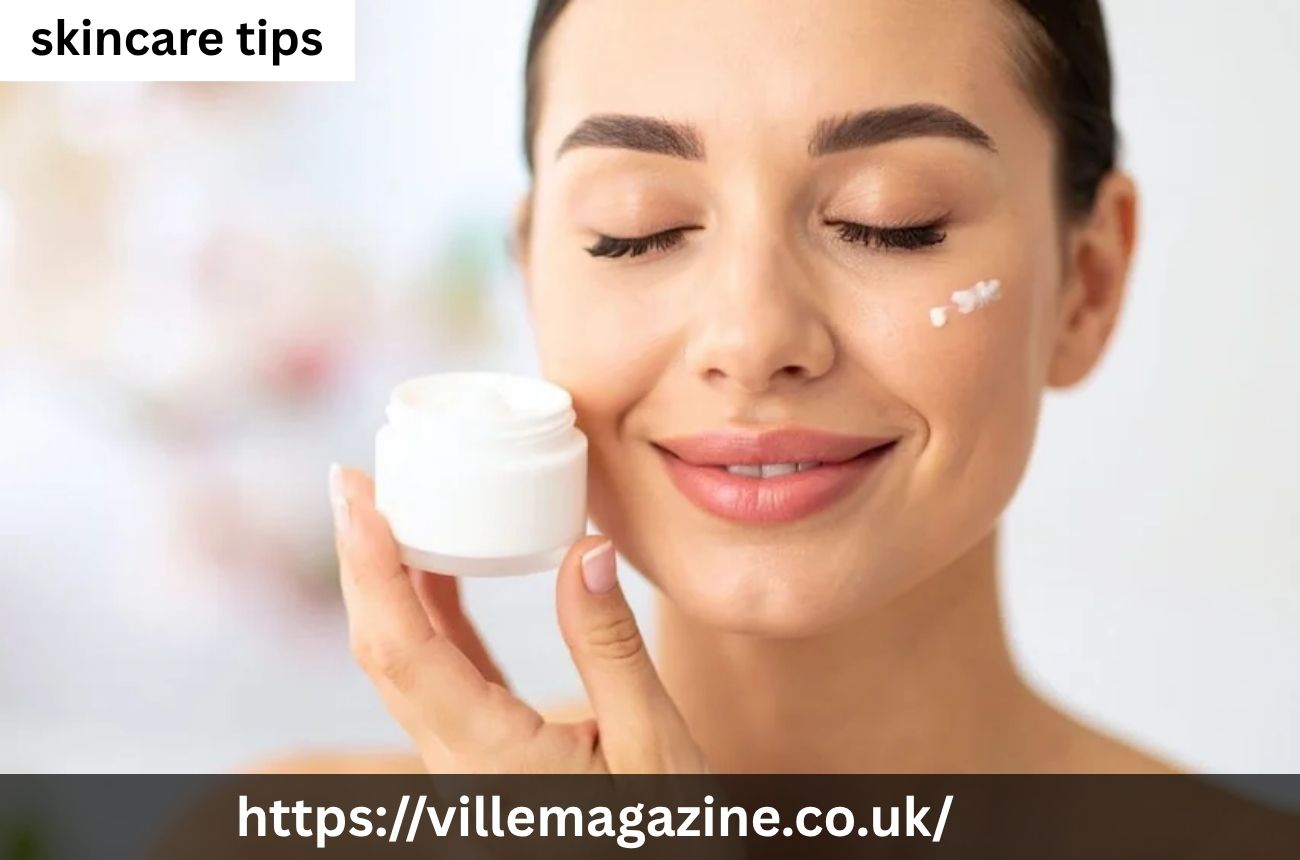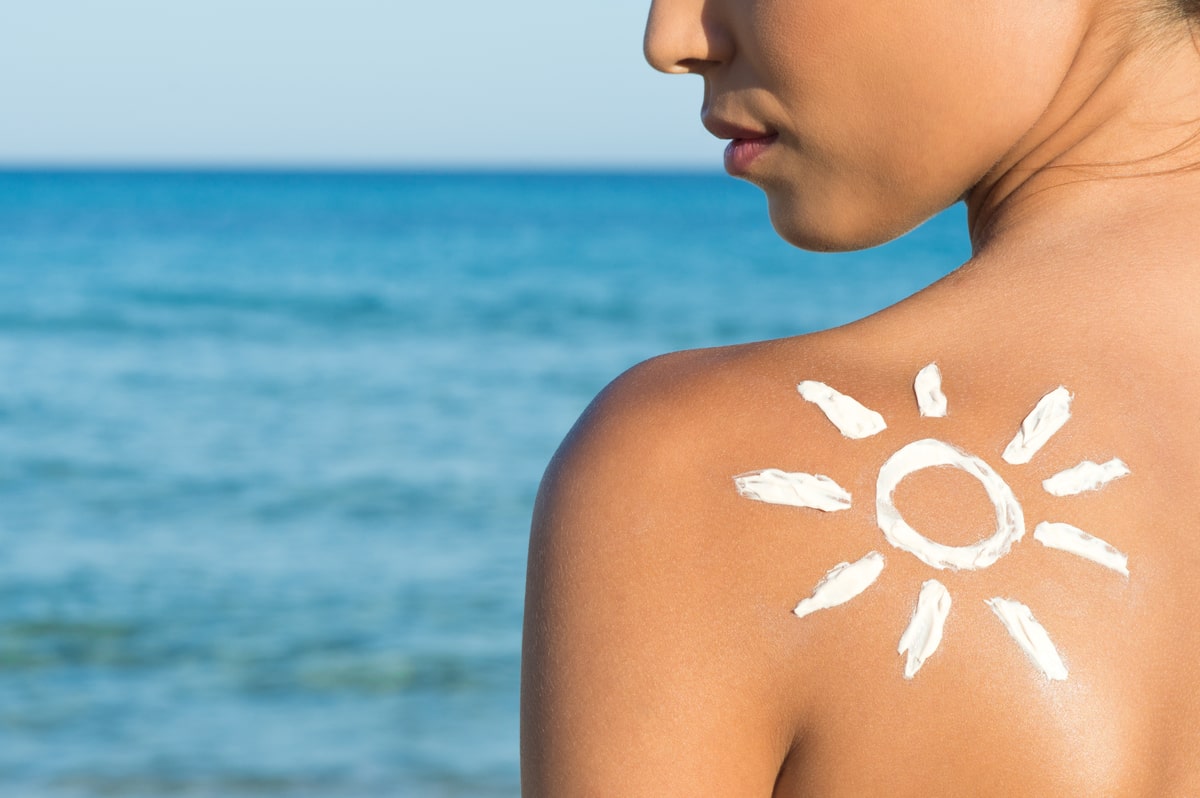Skin Care
Expert Skincare Tips Dermatologists Swear By for Glowing Skin

Healthy, glowing skin isn’t just about using high-end products—it’s a result of smart, consistent care based on skin science. Dermatologists around the world emphasize evidence-based practices over trendy hacks. Whether you’re just beginning or looking to refine your regimen, these expert skincare tips will help you unlock your skin’s true potential.
Let’s dive into dermatologist-approved practices that not only promote glowing skin but also protect your skin in the long run.
Understand Your Skin Type First
Before you invest in products or follow a new routine, you must identify your skin type. Dermatologists categorize skin types as normal, oily, dry, combination, or sensitive. Using the wrong type of product can trigger breakouts, irritation, or dryness.
A quick method to test your skin type: Cleanse your face, wait an hour, and observe. If it feels tight, it’s likely dry. If there’s shine on the forehead and nose, it’s combination. If it’s shiny all over, you probably have oily skin. Tailor your skincare tips to these signs.
Layer Products Correctly for Maximum Benefit
One of the most overlooked skincare tips is product layering. Dermatologists recommend applying products from thinnest to thickest. That means start with cleanser, then toner (if used), followed by serums, moisturizers, and finally sunscreen (in the AM).
Incorrect layering can dilute actives or create barriers that block absorption. For example, applying a serum over thick cream means the serum won’t penetrate effectively.
Hydration is Non-Negotiable, Even for Oily Skin
Recent studies highlight the importance of hydration even for those with oily or acne-prone skin. When your skin is dehydrated, it may produce more oil to compensate, worsening the issue.
Use humectants like hyaluronic acid, glycerin, and panthenol. These ingredients attract water to the skin and help retain moisture without clogging pores.
SPF is Your skincare tips Best Friend

Sun protection remains one of the most important skincare tips. UV damage is the leading cause of premature aging, hyperpigmentation, and even skin cancer. Use a broad-spectrum SPF 30 or higher, and don’t skip it—even on cloudy days or indoors (UVA rays penetrate windows).
Dermatologists now also recommend mineral sunscreens (zinc oxide or titanium dioxide) for sensitive skin types due to their lower irritant potential.
Don’t Over-Exfoliate—Twice a Week is Enough
Exfoliation removes dead skin cells and reveals fresher skin underneath. But overdoing it can damage your skin barrier, leading to irritation, redness, and breakouts. Many people unknowingly exfoliate too often or use harsh physical scrubs.
Modern dermatologists favor chemical exfoliants like AHAs (glycolic acid) and BHAs (salicylic acid) over abrasive scrubs. These provide controlled exfoliation and can even help with acne and pigmentation.
Repair Your Skin Barrier Before Anything Else
New research points to the skin barrier as the foundation of all skincare tips. If your barrier (the outermost layer) is compromised, even the best products won’t work. Signs of damage include dryness, stinging, or frequent breakouts.
Dermatologists recommend using ceramide-rich creams, niacinamide, and avoiding alcohol-heavy products. Barrier repair first—then move to actives like retinol or acids.Vitamin C in the Morning, Retinol at Night
Using the right actives at the right time of day enhances their effectiveness. Vitamin C is a powerful antioxidant that neutralizes free radicals and boosts sun protection. Apply it in the morning under your sunscreen.
Retinol, on the other hand, is best used at night. It increases cell turnover and targets fine lines, pigmentation, and acne—but it breaks down in sunlight and can increase sensitivity.
Minimalist Routines Are Backed by Science

Recent studies challenge the idea that “more is better” in skincare tips. Dermatologists now often recommend minimalist routines: a gentle cleanser, targeted serum, moisturizer, and sunscreen.
Overloading your skin with multiple actives can lead to irritation, and many ingredients cancel each other out when layered incorrectly.
Avoid Fragrance and Essential Oils if You Have Sensitive Skin
Fragrance—even natural ones like lavender or citrus—can be a major irritant. Dermatologists increasingly advise against using products with fragrance or essential oils, especially for those prone to eczema, rosacea, or acne.
Opt for fragrance-free and hypoallergenic products to reduce your risk of skin reactions.
Consistent Sleep and Stress Management Matter
While skincare tips products are key, internal health reflects externally. Poor sleep and chronic stress lead to elevated cortisol levels, which can trigger breakouts, dullness, and even increased oil production.
Aim for 7–9 hours of sleep, practice stress reduction (like meditation or walking), and your skin will benefit. Sleep is when your skin enters repair mode—don’t skip it.
Diet Affects Your skincare tips—It’s Not a Myth

The link between diet and skin is well-established now. Foods high in sugar and dairy can trigger acne in some individuals due to their effects on insulin and hormones.
Instead, prioritize antioxidant-rich foods like berries, leafy greens, nuts, and omega-3s (found in fish, flaxseeds). These support skin health at a cellular level.
Use Lukewarm Water, Not Hot
Hot water strips natural oils and damages the skin barrier. Dermatologists advise using lukewarm water for washing your face and during showers.
Follow up immediately with moisturizer while your skin is damp—this locks in hydration far more effectively.
Routine Reviews Every 3–6 Months
As the seasons change or as you age, your skin’s needs will evolve. Dermatologists recommend reviewing your skincare tips routine every 3 to 6 months. You may need heavier moisturizers in winter, lighter ones in summer, or start incorporating anti-aging actives in your late 20s or 30s.
A routine that worked before might not suit your skin now. Adjusting proactively can prevent flare-ups or dullness.
Final Thoughts
The best skincare tips aren’t always about the newest trends but about consistency, knowledge, and listening to your skin. A glowing complexion is built over time—with patience, smart choices, and products tailored to you.
If you’re overwhelmed, start with the basics: cleanse, moisturize, and protect. As your skin stabilizes, you can add in targeted treatments.
❓Frequently Asked Questions (FAQs)
1. How do I know which skincare tips are right for my skin?
Knowing your skin type is key. Many skincare tips are generalized, but your skin might react differently based on whether it’s oily, dry, sensitive, or combination. Start with a basic routine and slowly introduce products one at a time, noting how your skin responds. Patch testing is also essential before fully committing to a new product. Consulting a board-certified dermatologist is ideal, especially if you have recurring issues like acne or eczema.
2. Is natural skincare always better than synthetic products?
Not necessarily. Many “natural” ingredients, including essential oils and plant extracts, can be irritating—especially for sensitive skin. Dermatologists emphasize that safety and efficacy are more important than whether an ingredient is natural or synthetic. In fact, many lab-created ingredients like niacinamide and hyaluronic acid are skin-safe and thoroughly tested. Always choose products backed by clinical research, regardless of their origin.
3. How long does it take to see results from a new skincare routine?
This depends on your skin’s condition and the type of products you’re using. Most dermatologists suggest waiting at least 4–6 weeks before expecting visible results, especially with actives like retinol or vitamin C. Skin cells renew roughly every 28 days, and it often takes a few cycles to see significant improvement. During this time, avoid introducing too many new products to reduce the risk of irritation.
4. Can diet really change my skin condition?
Yes, and this has been backed by multiple recent studies. High-glycemic foods (like white bread, candy, and sugary drinks) can spike insulin and hormones that increase oil production, leading to breakouts. Similarly, dairy may contribute to acne in sensitive individuals. A skin-supportive diet should include antioxidants, omega-3 fatty acids, and adequate hydration. Consider keeping a food diary if you suspect a link between your meals and flare-ups.
5. Should I follow skincare trends I see on social media?
Be cautious. Many viral skincare trends are not dermatologist-approved and may do more harm than good. For example, DIY lemon masks or excessive exfoliation can damage your skin. Instead, look for science-backed skincare tips from licensed professionals. If a trend seems too good to be true or lacks explanation of the ingredients, it’s best avoided until you’ve done proper research.

-

 Celebrity8 months ago
Celebrity8 months agoNick Schmit? The Man Behind Jonathan Capehart Success
-

 Celebrity9 months ago
Celebrity9 months agoChristina Erika Carandini Lee: A Life of Grace, Heritage, and Privacy
-

 Celebrity9 months ago
Celebrity9 months agoTrey Kulley Majors: The Untold Story of Lee Majors’ Son
-

 Celebrity9 months ago
Celebrity9 months agoJamie White-Welling: Bio, Career, and Hollywood Connection Life with Tom Welling















